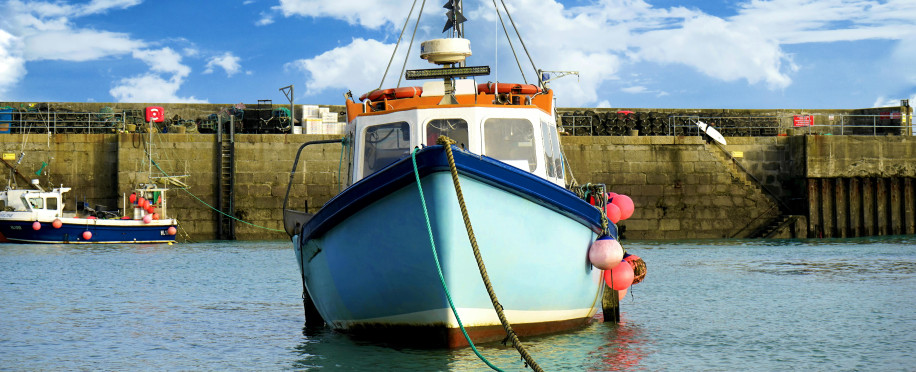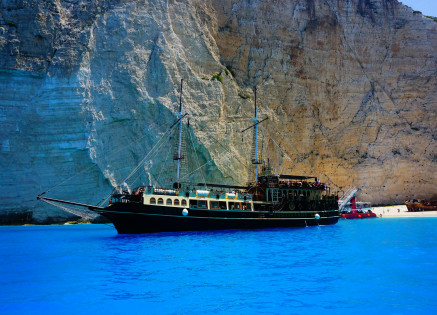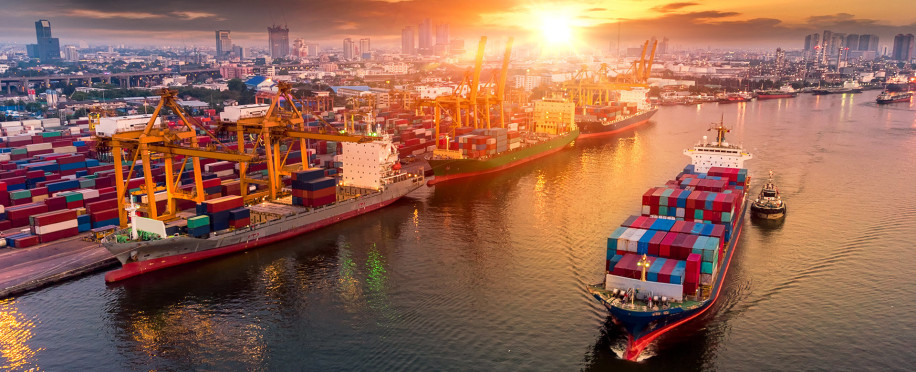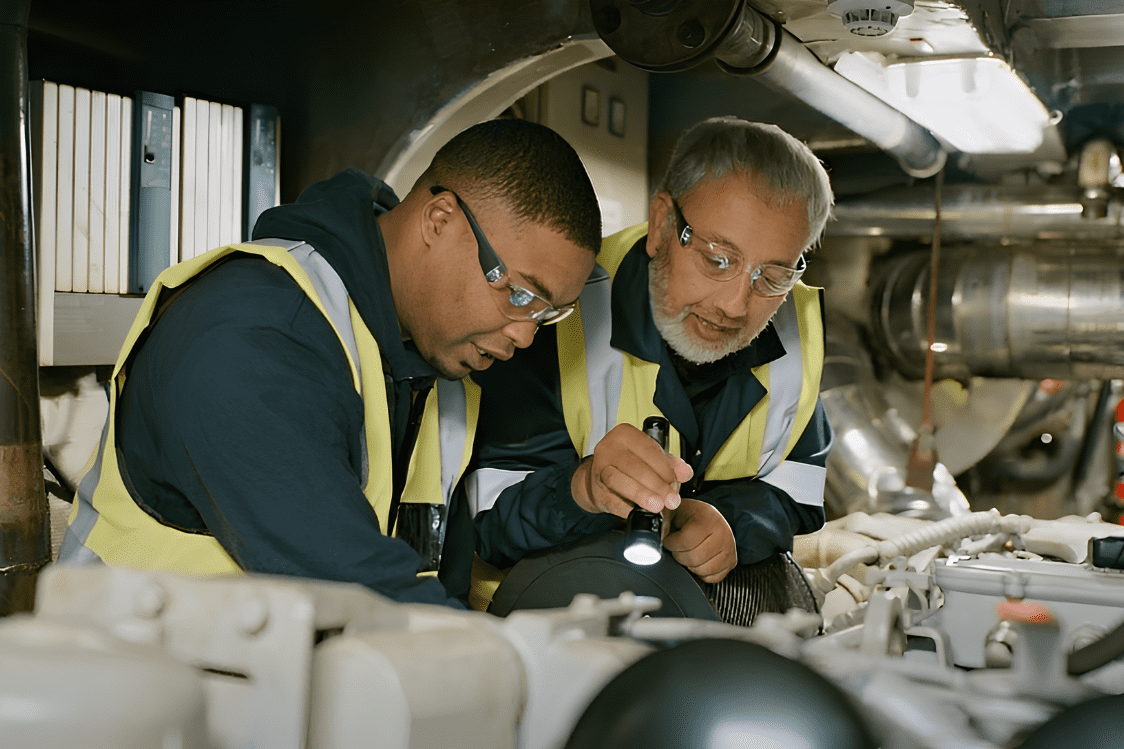What Topics Are Covered in Maritime Engineering Courses?

Posted on Aug 15, 2024 at 06:08 PM
Are you fascinated by the ocean and the engineering marvels that traverse its depths? If so, maritime engineering courses could be the perfect opportunity for you to combine your interests in technology and marine science. These courses offer a comprehensive look into the critical topics that shape the marine industry.
in this article, we give you an introduction to the basic and complex topics covered in maritime engineering courses
Dive Into Core Concepts
Every major building is made up of small bricks, and when we think about maritime engineering, we can only think of the foundational training concepts that drive this vibrant field. Maritime engineering courses cover a range of fundamental topics that every engineer needs to master before working on ships. Here’s a closer look at what we can expect:
- Advanced Ship Propulsion Systems: During this degree, we explore the latest technologies in ship propulsion, focusing on engine efficiency and sustainability. Understanding practical propulsion operations is vital for mechanical engineering students to start their professional offshore careers.
- Coastal Engineering and Resilient Infrastructure: This topic combines the architecture and design of structures with their maintenance to protect coastlines from erosion and natural disasters. By studying these challenges, graduates learn how to build highly resilient, unique infrastructures that can withstand the test of time and meet the requirement of climate change resilience.
- Hydrogen Fuel Cells in Marine Engineering: As the industry seeks cleaner energy solutions, these classes are specific for hydrogen fuel cells to generate electrical energy. We’ll analyse their applications in powering vessels and reducing environmental impact.
- Marine Bioengineering and Biomimicry: Nature has always been a source of inspiration. In this class, we study the innovative ways marine life can inform engineering practices, allowing us to design safer and more efficient marine technologies.
- Sustainable Ship Design and Green Technologies: Given the urgent need for sustainable practices, this topic equips us with the knowledge to design vessels that minimise ecological footprints while meeting current regulations and expectations.
Once you complete one of these programs, you'll not only gain a certificate, but you'll also earn high-level skills that you can apply to all naval projects.
Explore Specialised Areas of Study
Once we’ve set the stage with foundational knowledge, maritime engineering courses allow us to dive into specialised areas that align with our personal interests and career goals. Here are some exciting specialisations we might explore:
Underwater Robotics and Subsea Engineering
This area focuses on the design and application of underwater robotics, including remotely operated vehicles (ROVs) and autonomous underwater vehicles (AUVs). We gain hands-on experience in the cutting-edge technologies used for underwater exploration.
Marine Transportation Systems
Understanding the logistics behind maritime transportation is crucial for effective operational management. The curriculum of this program typically includes how to transport goods across oceans, offering valuable skills in maritime logistics and system efficiency.
Hydrodynamics and Fluid Mechanics
These topics explore the behaviour of fluids in motion, helping us understand the principles that govern vessel design and performance. A strong grasp of hydrodynamics is required for engineers to create vessels that navigate efficiently through various water conditions.
Maritime engineering courses provide extensive knowledge of various ship equipment and other aspects of marine engineering. However, with their combination of academic and practical knowledge, a course in maritime engineering offers a gateway to nautical mastery!

Stay Ahead with Innovative Trends
The maritime industry is constantly evolving, and staying up-to-date with the latest trends is vital for anyone entering this field. Maritime engineering courses often incorporate innovative topics that prepare us for the future of the industry. Here are some key trends we might encounter:
- Smart Ship Technologies: With the rise of digitalization and the future of architecture and marine engineering, we study how smart technologies are integrated into ship operations. This includes automated systems for navigation and maintenance, offering a glimpse into the future of maritime operations.
- Climate-Resilient Infrastructure: As climate change continues to impact coastal areas, understanding how to design infrastructure that can adapt to changing conditions is critical. We learn about innovative materials and methods that enhance resilience against natural disasters.
- Eco-Friendly Practices and Alternatives: Courses emphasise sustainable practices, focusing on how to implement eco-friendly technologies in maritime operations. This includes exploring biofuels, energy-efficient designs, and waste management systems.
- Artificial Intelligence in Navigation: AI is becoming a game-changer in maritime operations. We study how AI technologies can enhance navigation, safety, and efficiency in marine transportation.
- Emerging Marine Technology: Advances in marine technology, including drone applications and sensor technologies, are pertinent topics. We learn how to implement these technologies for various applications, from research to search and rescue operations. By integrating these innovative trends, maritime engineering courses ensure that we are well-prepared to meet the challenges of the future.
Education is power, and maritime engineering courses are designed to teach every student how to master vessel machinery, so if you want to train your skills and practice with accredited professionals, start your studies and participate in marine engineering courses today.





